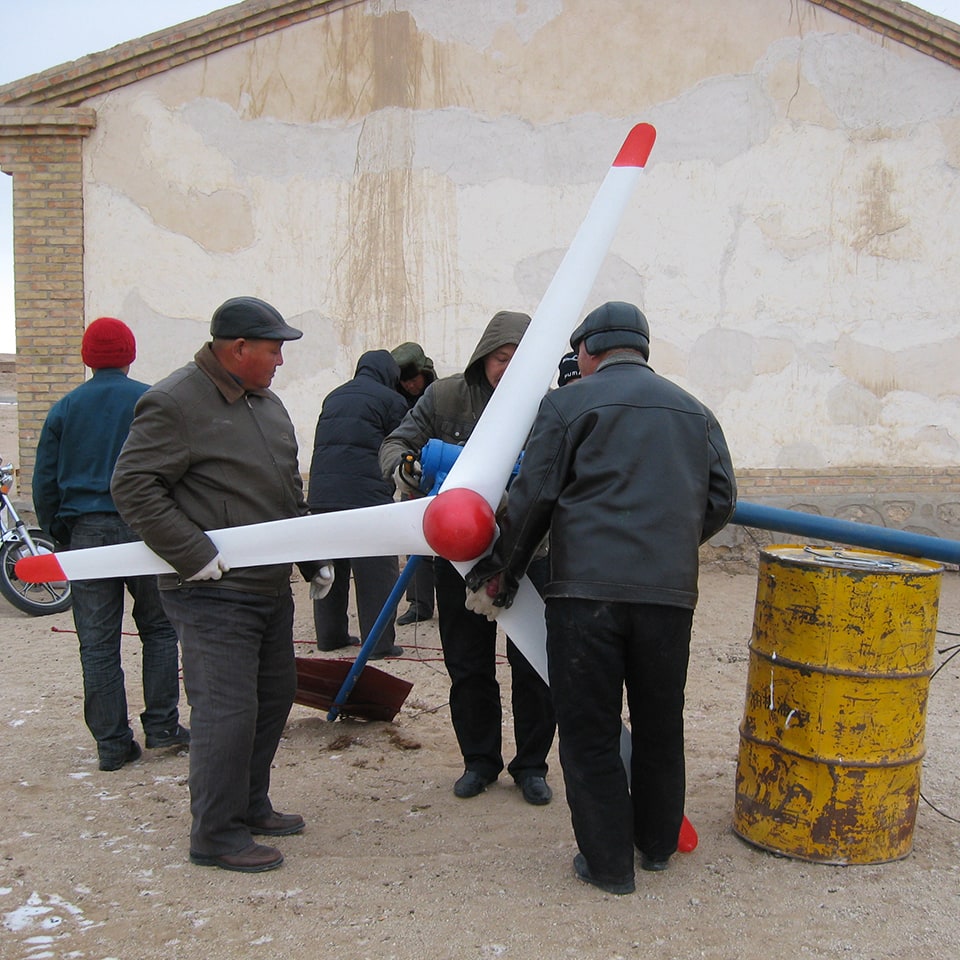Dr Long Seng To
RAEng Engineering for Development Research Fellow and Lecturer in Resilient Energy Systems - Geography and Environment
Providing access to affordable, reliable, sustainable and modern energy for everyone across the globe is one of the UN’s Sustainable Development Goals (SDG 7).
In 2018, Long Seng became the University’s first researcher to be awarded an Engineering for Development Research Fellowship by the Royal Academy of Engineering to address this challenge. She is Co-Investigator of the MECS programme where she leads work on modern energy cooking services in humanitarian settings, and Co-Investigator of the CESET project which focuses on community energy in Ethiopia, Malawi and Mozambique. She is a member of the UN Economic Commission for Europe’s Expert Group on Resource Management (EGRM), Renewables Working Group where she contributed to the UN standard for solar energy resource classification, and was appointed Chair of the Solar Energy Subgroup of the EGRM in 2021.
Community energy resilience in the Global South
The world’s poorest communities are worst affected by the impacts of climate change, disasters and conflicts. The infrastructure that supports their lives is fragile and easily disrupted. Progress towards energy access can only be maintained by addressing the increasing shocks and stresses that these communities face.
The UN estimates that 789 million people around the world lack access to electricity. The majority of these people - about 548 million - live in sub-Saharan Africa. Well-established energy systems support every aspect of society - business, healthcare, education, agriculture, and communication – enhancing quality of life.
According to the Energy Progress Report, just 11% of the population in Malawi have access to electricity. Meanwhile, only 28% of people in Nepal and 3% in Malawi have access to modern cooking fuels.
After assisting with the post-earthquake reconstruction efforts in Nepal(2015) and working during the floods in Malawi (2016), I realised that communities have their own resilience strategies around energy. My Fellowship allows me to focus on strengthening these local capacities through integrated and inclusive engineering solutions.
We've adopted participatory design processes involving community members, engineers, government officials and research partners - including the Institute of Engineering at Tribhuvan University and Mzuzu University.

The diversity of the group means that we have a larger pool of innovative ideas to explore and can create solutions that are location-appropriate and sustainable. Another aspect of my role is to draw on this experience, and contribute to engineering design guidelines and data-driven tools for communities to participate in decision-making worldwide.
It's exciting to be part of such a diverse research community on campus, including the Low Carbon Energy for Development Network, the Centre for Renewable Energy Systems Technology as well as colleagues from every discipline who are addressing the Energy and the Secure and Resilient Societies Global Challenges. In this respect, Loughborough provides the ideal collaborative environment for the Fellowship.
The RAEng Engineering for Development Research Fellowship has given me the opportunity to pursue an ambitious, five-year programme of research and impact – helping to enhance community energy resilience.
Ultimately, I hope to make a difference by contributing to the UN’s Sustainable Development Goals. By working closely with communities, researchers and policymakers in developing countries, we are unlocking local innovation for decentralised, networked and resilient energy systems.
On a personal level, I would like to establish an energy resilience research group and collaborate with other researchers working on housing, water and sanitation. I want to contribute to the emerging field of Humanitarian Engineering by developing integrated sustainable solutions – enhancing the health and well-being of people worldwide.
My research journey
I completed my undergraduate studies in Photovoltaic and Solar Energy Engineering and the History and Philosophy of Science, and a PhD spanning both disciplines. After Research Associate roles at University of Surrey and University College London, I joined Loughborough University in 2017 as a Research Associate with the Low Carbon Energy for Development Network where I contributed to capacity building for the UK aid funded Transforming Energy Access programme and developed a new area of research as Principal Investigator of the Research Collaborations on Community Energy Resilience in Low-Income Countries project.
Being awarded the RAEng Engineering for Development Research Fellowship, in 2018, has given me a unique opportunity to build on my experiences and pursue an ambitious, five-year programme of research and impact – helping to enhance community energy resilience.
